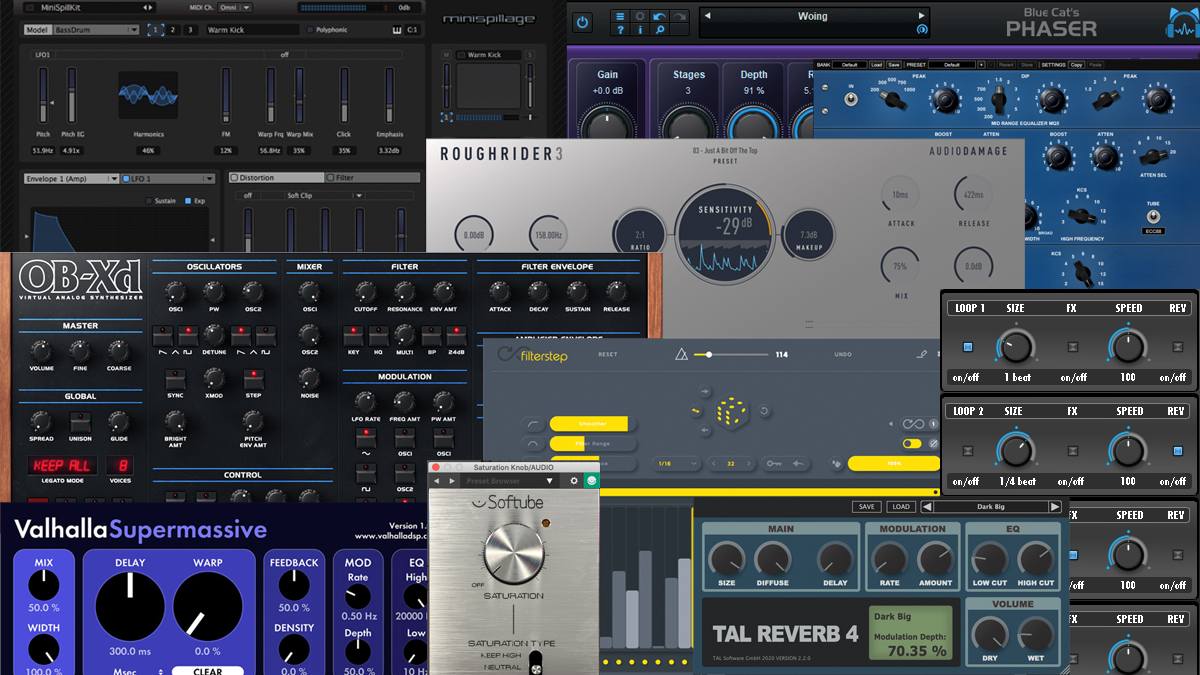Audacity, one of the best free audio editors, gets updated to version 3
New features and bug fixes for the podcasting and musician-friendly open-source software

Given that it’s been around for more than 20 years, it seems remarkable that Audacity - the acclaimed free and open-source audio editor that’s beloved by musicians, podcasters and anyone else who wants to edit audio on a computer - has only just reached version 3.

The best free VST plugins 2021: must-have freeware synths, drum machines and effects
That’s where we’re at, though: released just last week, Audacity 3.0.0 is designed to replace all previous versions on Windows, macOS and Linux.
Before you get too concerned/excited, allow us to reassure you that this is still very much Audacity as you know and (possibly) love it. There’s no massive wheel reinventing going on here, but then there doesn’t really need to be.
There is one quite fundamental change, though - Audacity projects are now saved in a new file format known as .aup3.
Previously, projects featured a large number of small files, with the .aup format being used to coordinate them. However, there were times when the .aup file got separated from its data.
With the .aup3 format, everything is bundled together, which should make it easier to keep track of projects and make editing a bit faster (though closing projects might be a bit slower).
Audacity 3 can still load .aup files - these will then be converted to the .aup3 format.
Get the MusicRadar Newsletter
Want all the hottest music and gear news, reviews, deals, features and more, direct to your inbox? Sign up here.
Elsewhere, the Noise Gate effect has been improved, and there’s a new analyser, Label Sounds, that can label sounds and silences.
A few other tweaks have been made, too - such as the option to import and export macros - and more than 160 bugs have been fixed.
You can download version 3 for free from the Audacity website.



I’m the Deputy Editor of MusicRadar, having worked on the site since its launch in 2007. I previously spent eight years working on our sister magazine, Computer Music. I’ve been playing the piano, gigging in bands and failing to finish tracks at home for more than 30 years, 24 of which I’ve also spent writing about music and the ever-changing technology used to make it.
“From a music production perspective, I really like a lot of what Equinox is capable of – it’s a shame it's priced for the post-production market”: iZotope Equinox review
"This is the amp that defined what electric guitar sounds like": Universal Audio releases its UAFX Woodrow '55 pedal as a plugin, putting an "American classic" in your DAW









